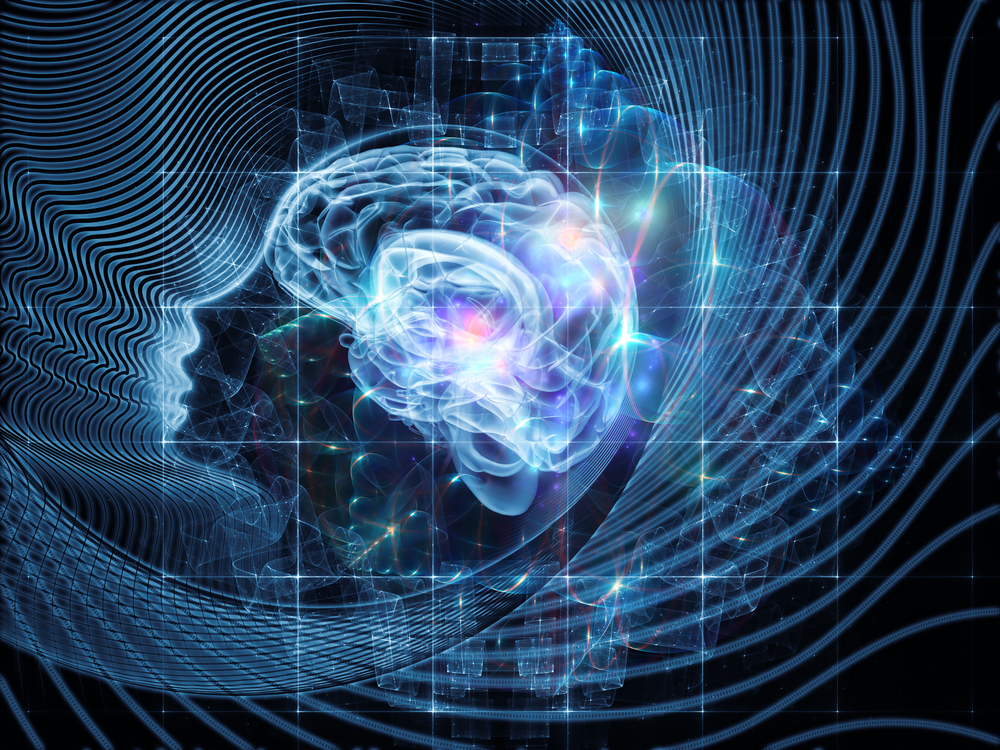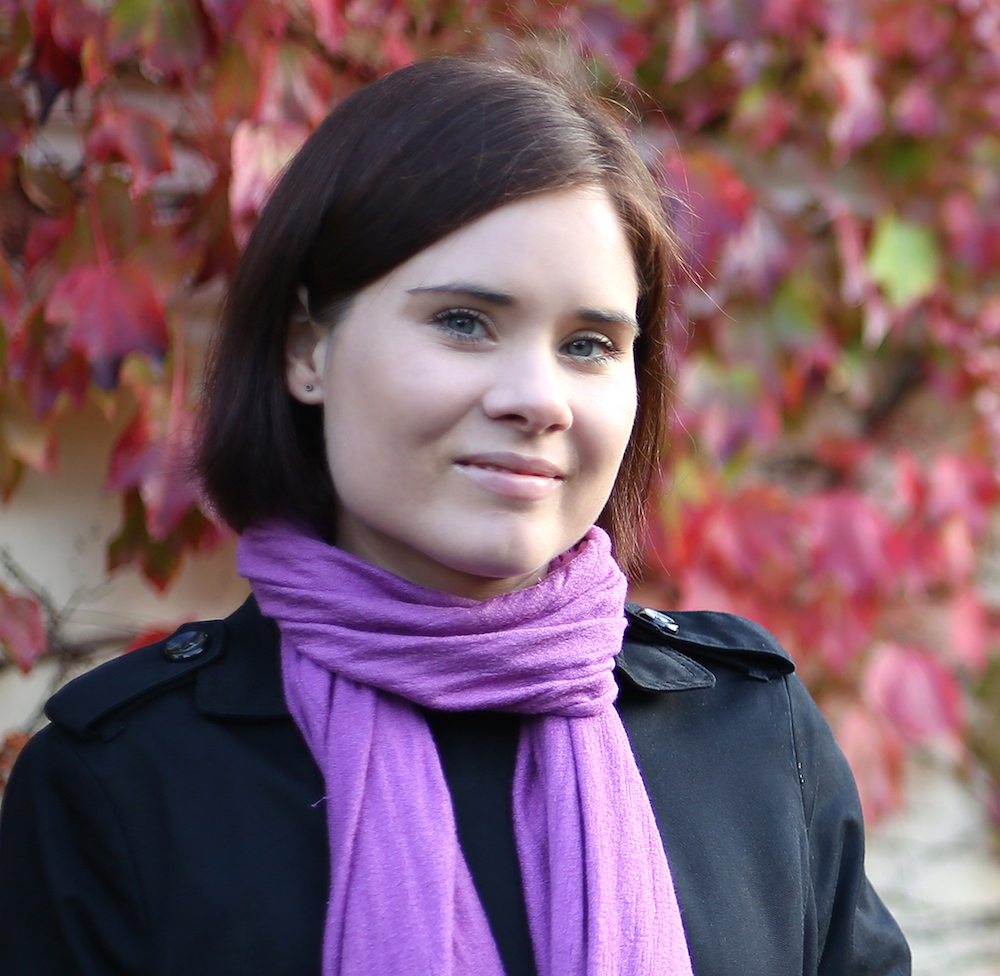Psychedelic Drugs Really Do Trigger a 'Higher' State of Consciousness

People who use psychedelic drugs have described the experience as feeling as though they have reached a "higher state of consciousness." And now, a brain scan study backs them up.
People in the study who used psychedelic drugs showed patterns of neural activity that were "higher" by some measures, compared with normal waking consciousness, researchers in England found.
Previously, researchers knew that normal waking consciousness is a higher state of consciousness when compared with drowsiness and sleep, being under anesthesia or having certain brain injuries or diseases. Evidence of this came from studies in which scientists quantified the state of consciousness by measuring the certain types of activity of neurons. [Top 10 Mysteries of the Mind]
In the new study, researchers looked at some of those same measures of brain activity in people who had taken LSD, ketamine or psilocybin, and found that this brain activity increased compared with the normal waking state.
"We looked at magnetoencephalography data gathered by our colleagues from Imperial College London that show the magnetic activity of neurons in the brain," said Anil Seth, co-director of the Sackler Centre for Consciousness Science at the University of Sussex. "We found that the diversity of the signal — its randomness and unpredictability — is actually higher in people on these drugs than in people who are in the normal waking state. If you look at people who are sleepy, asleep or under anesthesia, this measure always goes down."
The increase was similar for all three types of drugs used in the experiment, according to the study, published April 19 in the journal Scientific Reports.
The researchers also tried to correlate the activity in the brain with what the participants of the experiment were experiencing.
Sign up for the Live Science daily newsletter now
Get the world’s most fascinating discoveries delivered straight to your inbox.
"We asked people questions such as: Do you feel your perceptions to be particularly vivid? How do you perceive the boundary between yourself and the rest of the world? How strange do things feel?" Seth told Live Science. "We did find some weak correlations between some of the measures and what people said they were experiencing."
People who use psychedelic drugs frequently report intense spiritual, even life-changing, experiences, the researchers said. If these drugs are used carefully under medical supervision, this drug-induced "higher consciousness" could potentially help people with conditions such as depression that do not respond to conventional medication, they wrote in their study.
"The present study's findings help us understand what happens in people's brains when they experience an expansion of their consciousness under psychedelics," said Robin Cahart-Harris, head of psychedelic research at the Imperial College London. [11 Odd Facts About ‘Magic’ Mushrooms]
"People often say they experience insight under these drugs ― and when this occurs in a therapeutic context, it can predict positive outcomes," said Cahart-Harris, who was not involved in the new study.
However, the researchers stressed that although the drug-induced psychedelic state might appear as a higher-level consciousness based on the particular measure used in the study, it does not mean it is more desirable, or that being in this state is healthier.
"The way we generally experience the world is the most useful way to experience it," Seth said. "We don't want to go around hallucinating all the time. It's not in any way saying that the psychedelic state is better or more valuable or more desirable. It's not a value judgment at all."
The researchers said that in future research, they hope to further the understanding of these drugs by identifying how specific changes in the brain's activity relate to specific aspects of the psychedelic experience.
Originally published on Live Science.











